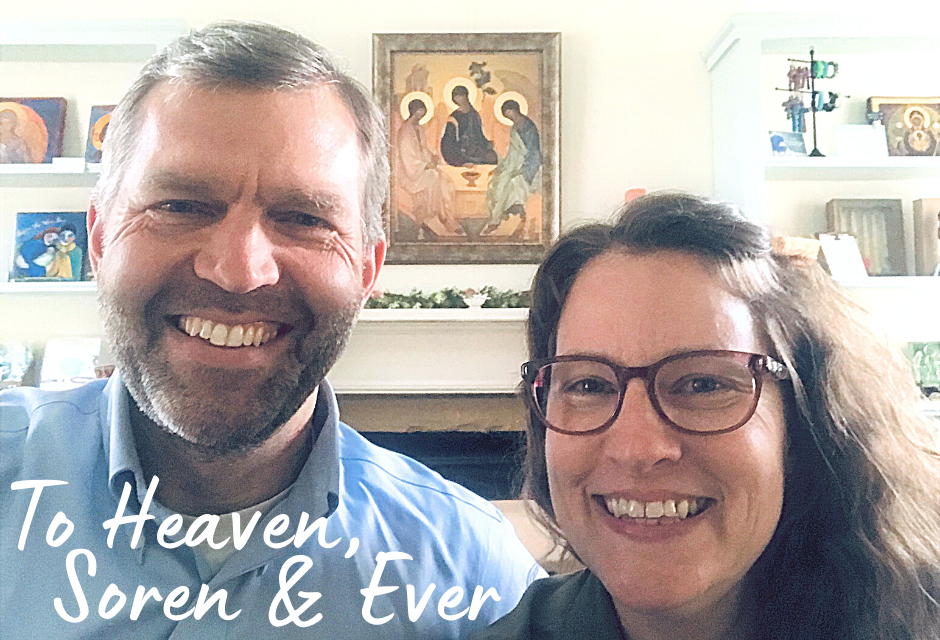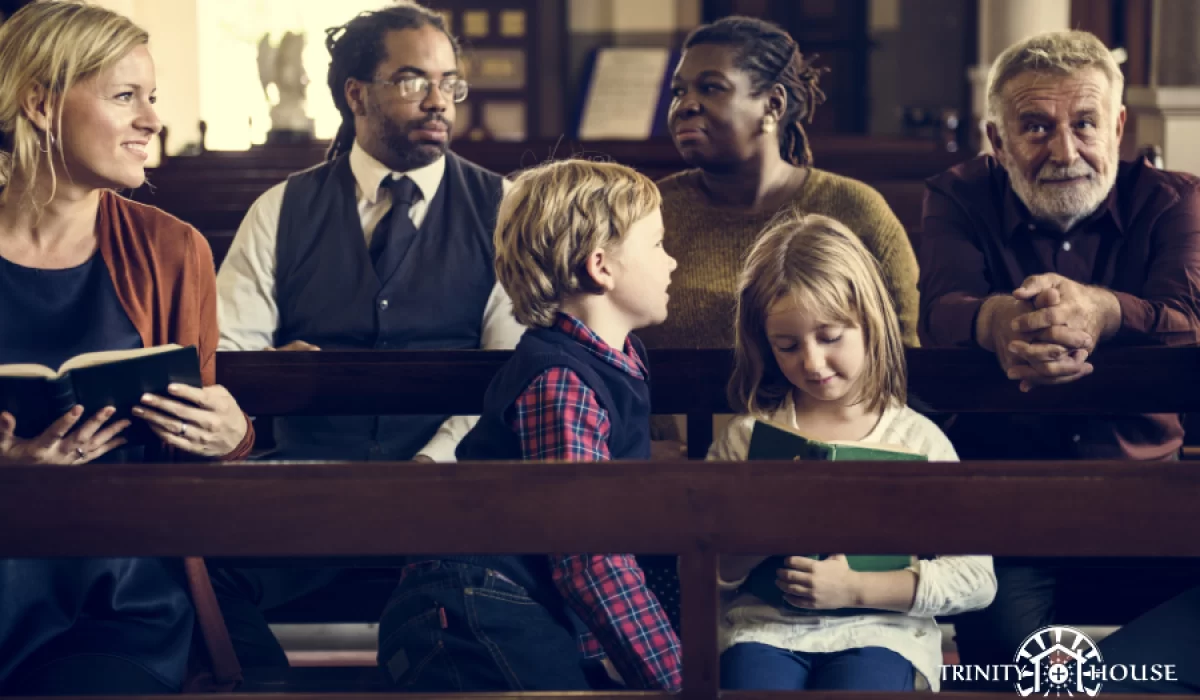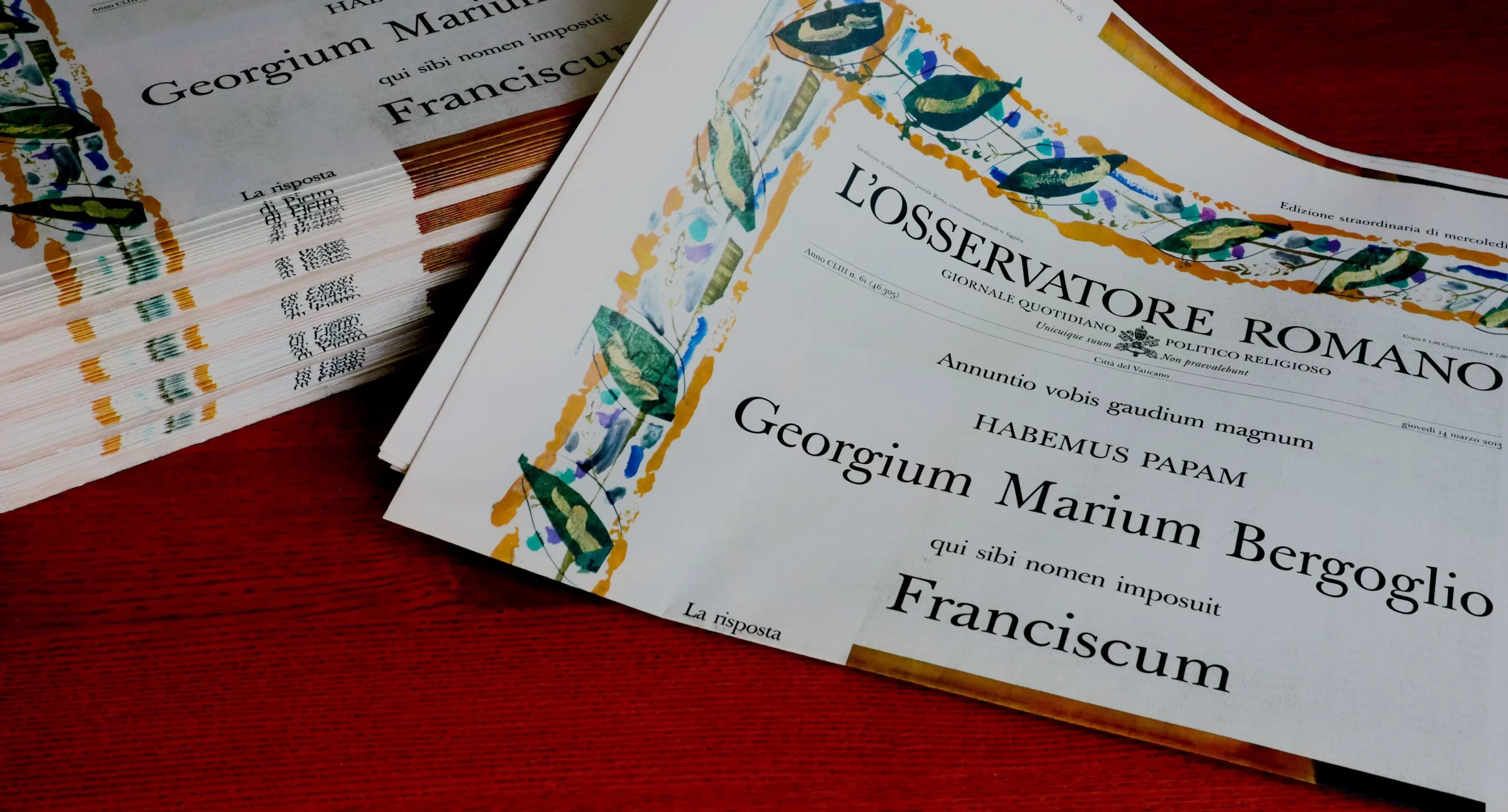
To hear this letter read by Soren, click here:
Dear Friend,
When it comes to faith life, a lot of us have a procrastination problem.
It sounds something like this: Our faith is important. We want our kids to head into their adult lives with the gift of faith. So, we’re going to get serious about it as soon as we:
- land the new job
- finish this degree
- get settled after our big move
- finish potty-training our toddler
- get through soccer season
And suddenly…another year has passed, and we’re no closer to our most important goal! In fact, we can lull ourselves into this pattern right up until our children get confirmed—and then wonder why they think they’ve “graduated from church.”
Or we blink again, four more years have passed, and actually living out the faith in daily life remains a foreign concept as our relatively unformed children leave for college.
“If you said your prayers first,” a priest in one of Willa Cather’s novels says, “you would find plenty of time for things afterward.” That’s how good prioritization works. That’s how life in your Trinity House can unfold, hour by hour and day by day.
And yet, the “as soon as” mindset is so powerful. We’re both idealists, and we can’t tell you how many times we’ve delayed some important formation of our children because we weren’t “ready” yet. Just as soon as…
But something more complex than just procrastination is going on here. After all, many of us with this “as soon as” mindset are highly driven when it comes to achieving other major goals, such as professional advancement, financial security, physical fitness, or academic achievement.
In other words, we don’t procrastinate when it comes to giving ourselves and our children every worldly opportunity. So what, exactly, is going on here? If it’s not procrastination, then what is it?
In a nutshell, it’s a gross failure to understand how life really works, which is this: whatever it is that we have as our main goal is what we are inviting to order our entire lives. If a loving relationship with God is our main goal, then we have an omniscient and omnipotent being helping us guide everything else into place for our family’s greatest good.
But if our main goal is a material thing, like a job or a degree, then we’re leaving the ordering of our persons, relationships, household, work and our very futures to chance (or worse). After all, material things don’t know us or love us back and can’t help us think through or act toward anything, much less omnisciently and omnipotently.
Even if our main goal tends to be the realization of our best selves—which are at least rational actors—we, as sane, honest adults, should easily be able to admit how far that really gets us. Yes, some of us seem to have more control than others, but there comes a time when we are all forced to admit that achieving our own fulfillment is proving to be frustratingly elusive.
In fact, it’s well known that those who make it furthest in achieving worldly heights are those who find their ultimate lack of satisfaction the most devastating. How can the pursuit of such seeming goods lead to despair? How can their consumption taste so meaningless?
Sadly, this realization, or at least the will to act on it, often comes too late for our children. They are gone before they ever see us acting as if our lives are ordered toward something worthy of our legacy. They are formed to let their lives be run by unknowing and unloving forces; the omniscient, omnipotent, and above all, loving provision of God is as foreign to them as a country they’ve never visited, a culture they’ve never experienced.
And, of course, to make things even harder than our human nature would normally make it, our cultural moment is also decidedly materialistic. In addition to our consumerist mindset, “scientism”—what Bishop Barron calls “the philosophical assumption that the real is reducible to what the empirical sciences can verify or describe”—doesn’t even acknowledge spiritual realities.
So, besides our fallen nature tending to aim for the wrong things first, our entire cultural milieu overvalues material trappings and underinvests in spiritual goods. Our children’s interior life, integrity, character, and ability to examine their conscience, to discern, and, paraphrasing Pascal, be able to “sit quietly in a room alone,” are all heavily compromised.
How can we possibly go up against such powerful forces? We can beg God’s mercy on our families and really try to always put Him first. When we put faith first in our lives—not treating it like an optional “add-on”—it will inform and infuse all our other pursuits.
And of course, it hopefully goes without saying, but we don’t use faith as a road to material success. When we affirm that faith provides us with a rightly-ordered life, one in which work and achievement and leisure all take their proper (non-1st) place, we set our families up to experience the real goal of human life.
What then really takes first place? By coming to know and love God above all things, our ability to be like Him—to know others, to love them, to give up our own lives for their good—becomes our highest goal. And it isn’t just our family lives that soar, but our entire society would testify to the good.
Jesus Christ first. The Eucharist first. Our family’s pursuit of heaven first. Then, and only then, we will—wondrously, unexpectedly—“find plenty of time for things afterward,” and they, finally, will also prove good.

> In “Curing Spiritual Procrastination” (Word on Fire), Chris Hazell offers a thoughtful invitation to “receive the happiness and joy God has in store for us” now, rather than later…or never.
> “Allow your children to witness you in private prayer,” this U.S. Conf. of Catholic Bishops resource page for family life suggests, and “encourage your children to pray daily on their own.”
> “Our first priority,” writes Bishop Anthony Taylor in “First God, Then Marriage, Family and Work” (Arkansas Catholic) “has got to be a living relationship with God.” More Faith Life Tools…

> Our Heaven in Your Home Workshop is now online! If you haven’t already received an email with the link, just plug in your name and email at this page to gain immediate access.
> Check out the speaker lineup for the upcoming Aug. 12-15 virtual “Say The Word” Southeast Catechist Conference, co-sponsored by the Diocese of Arlington. To give one example, author Joe Paprocki will present on “How Parents Witness Faith to Children.” Registration is free.






